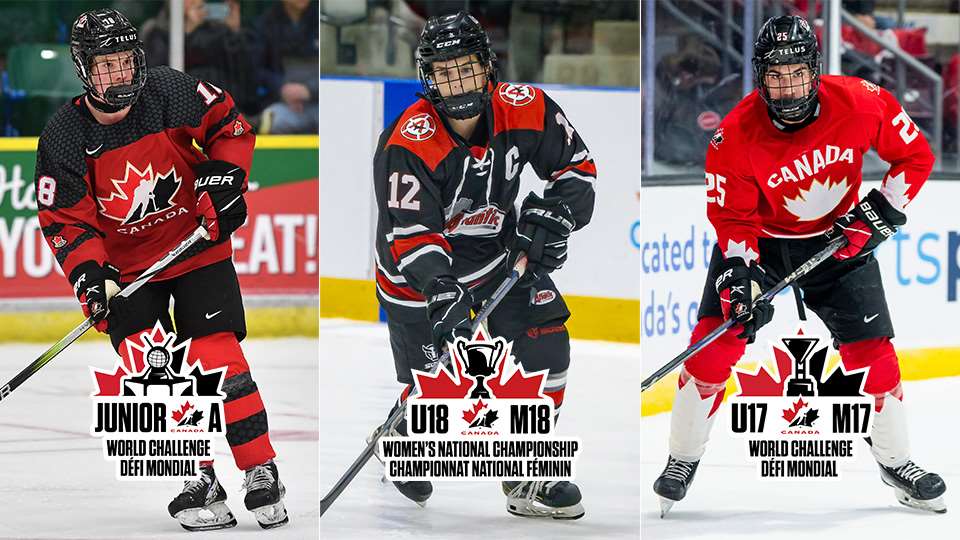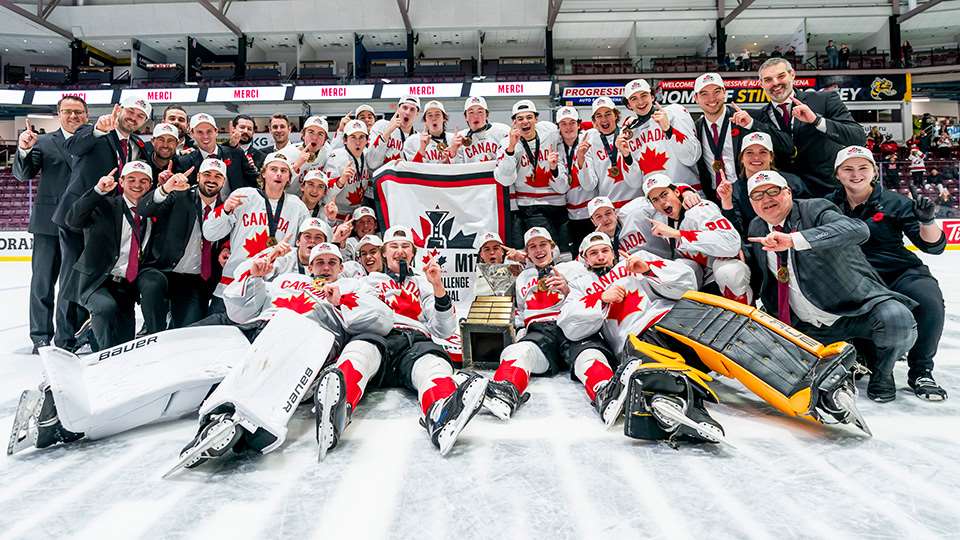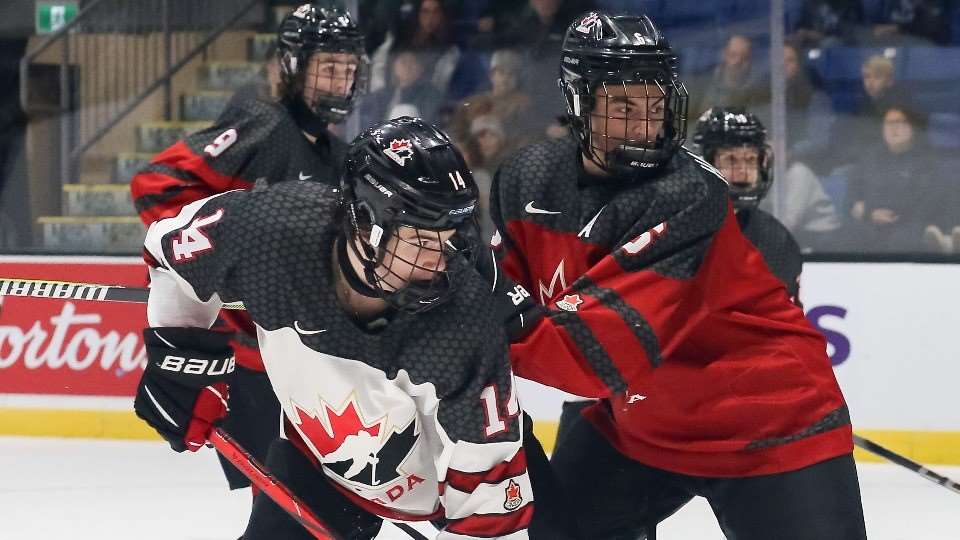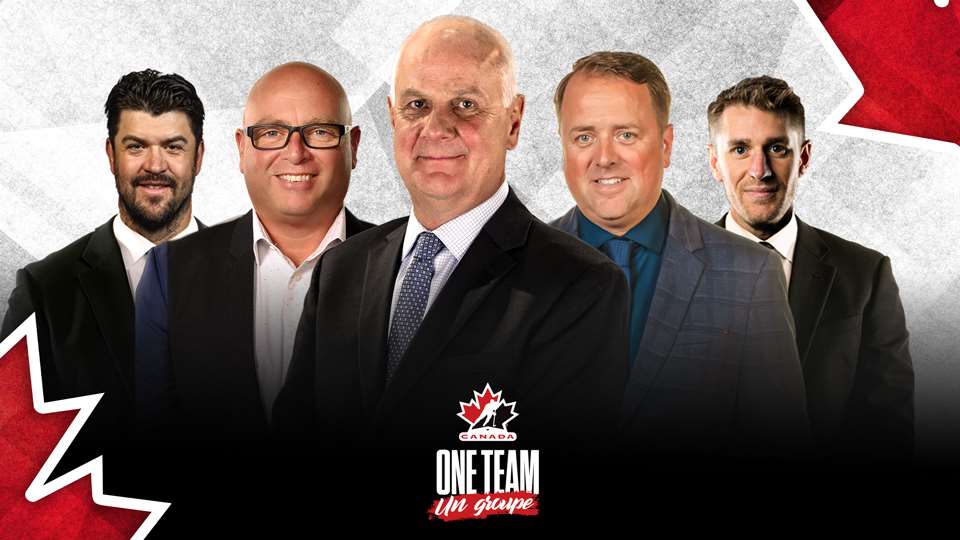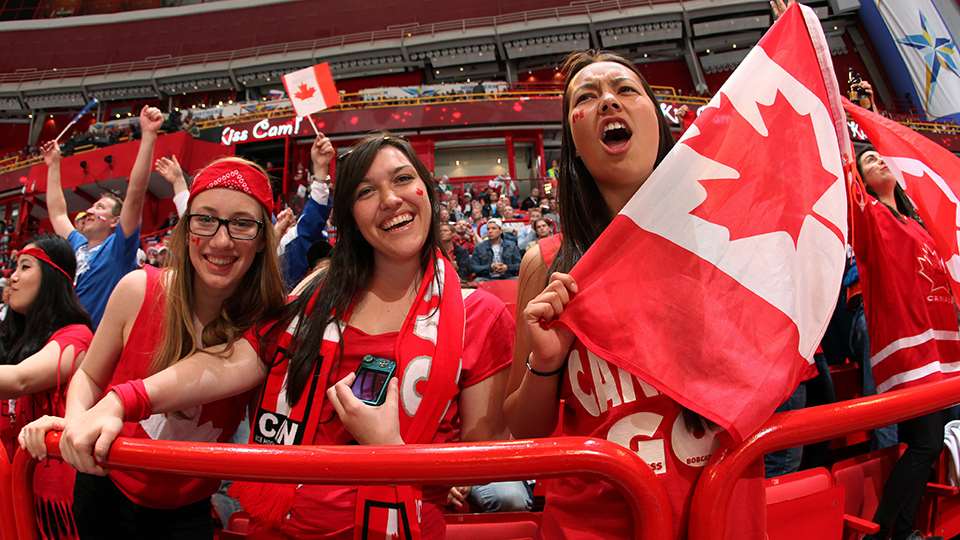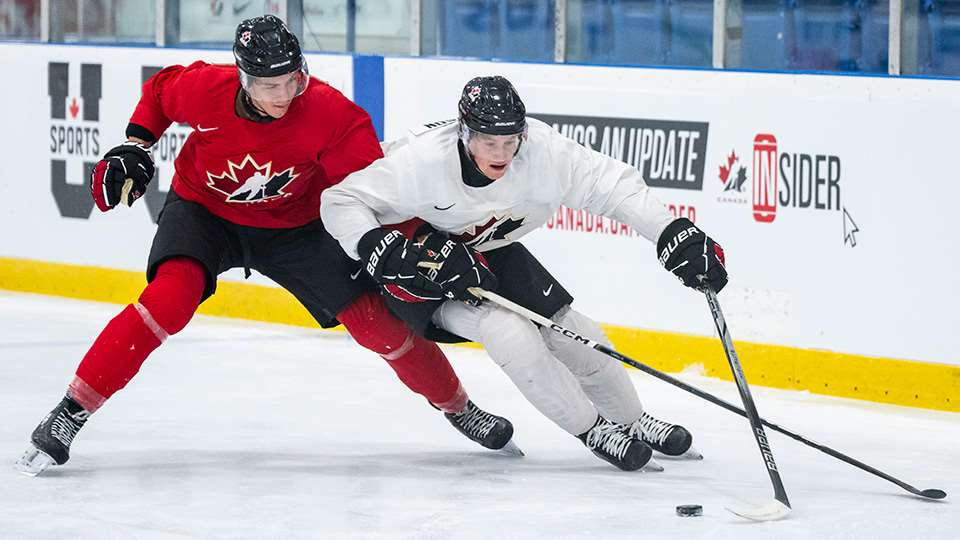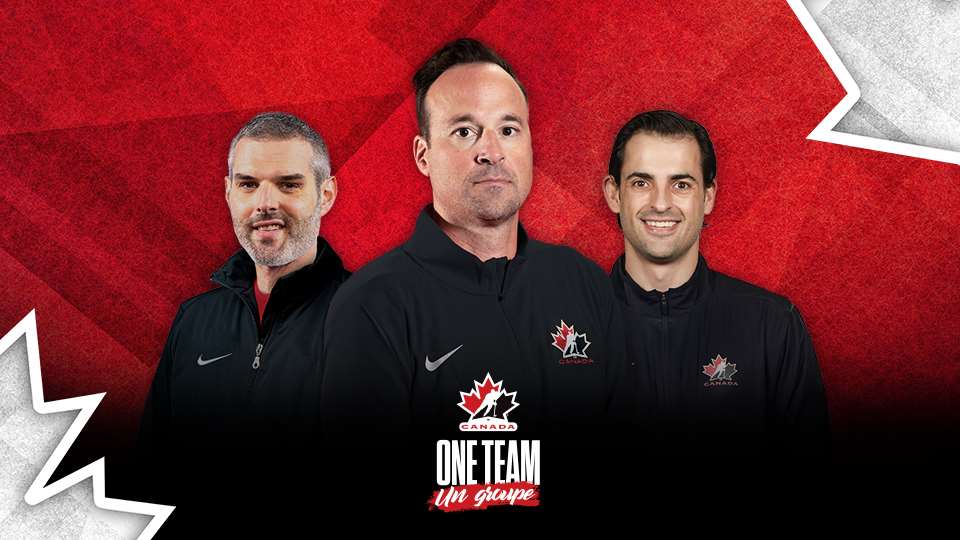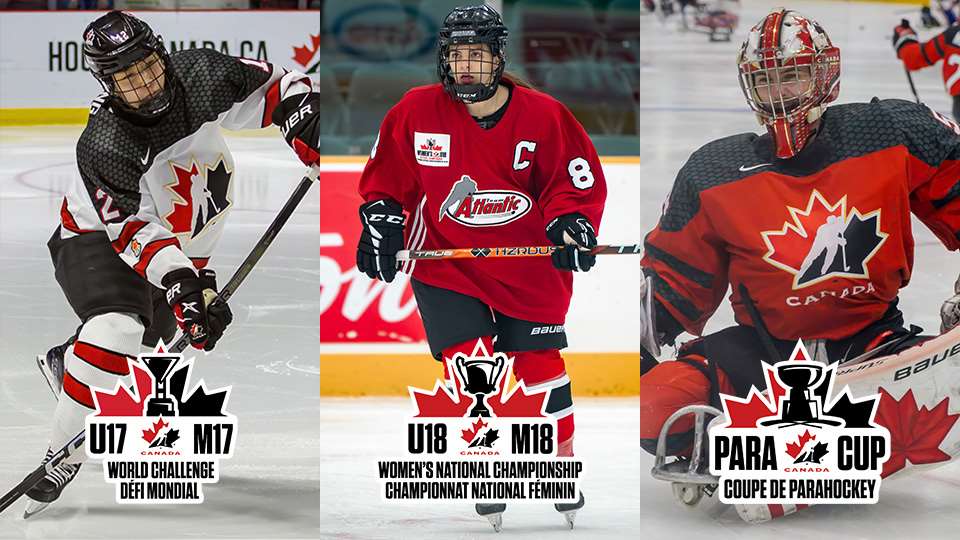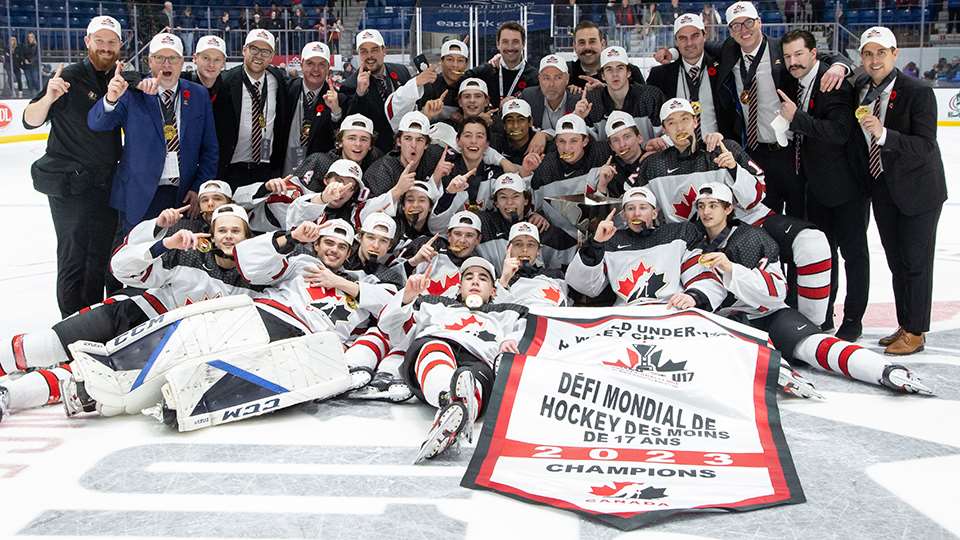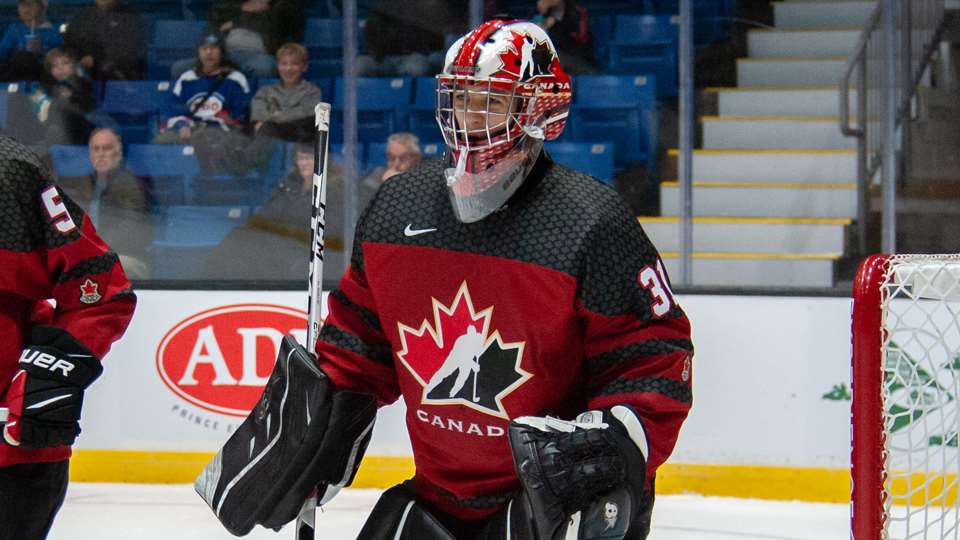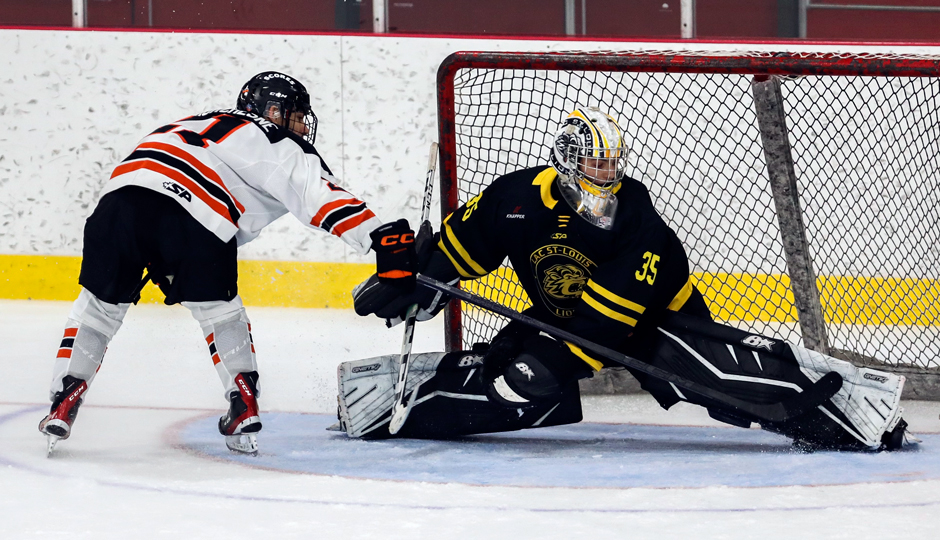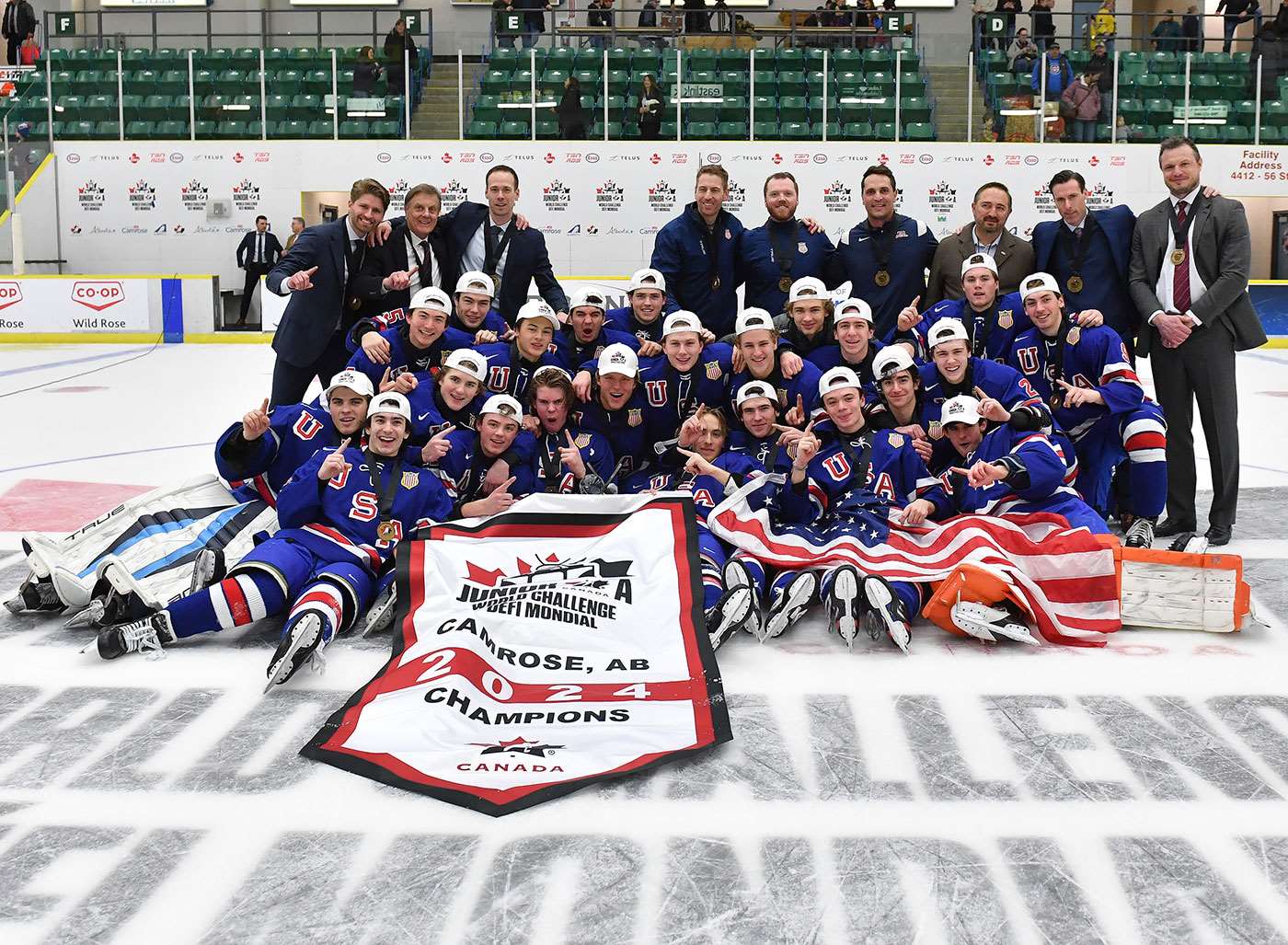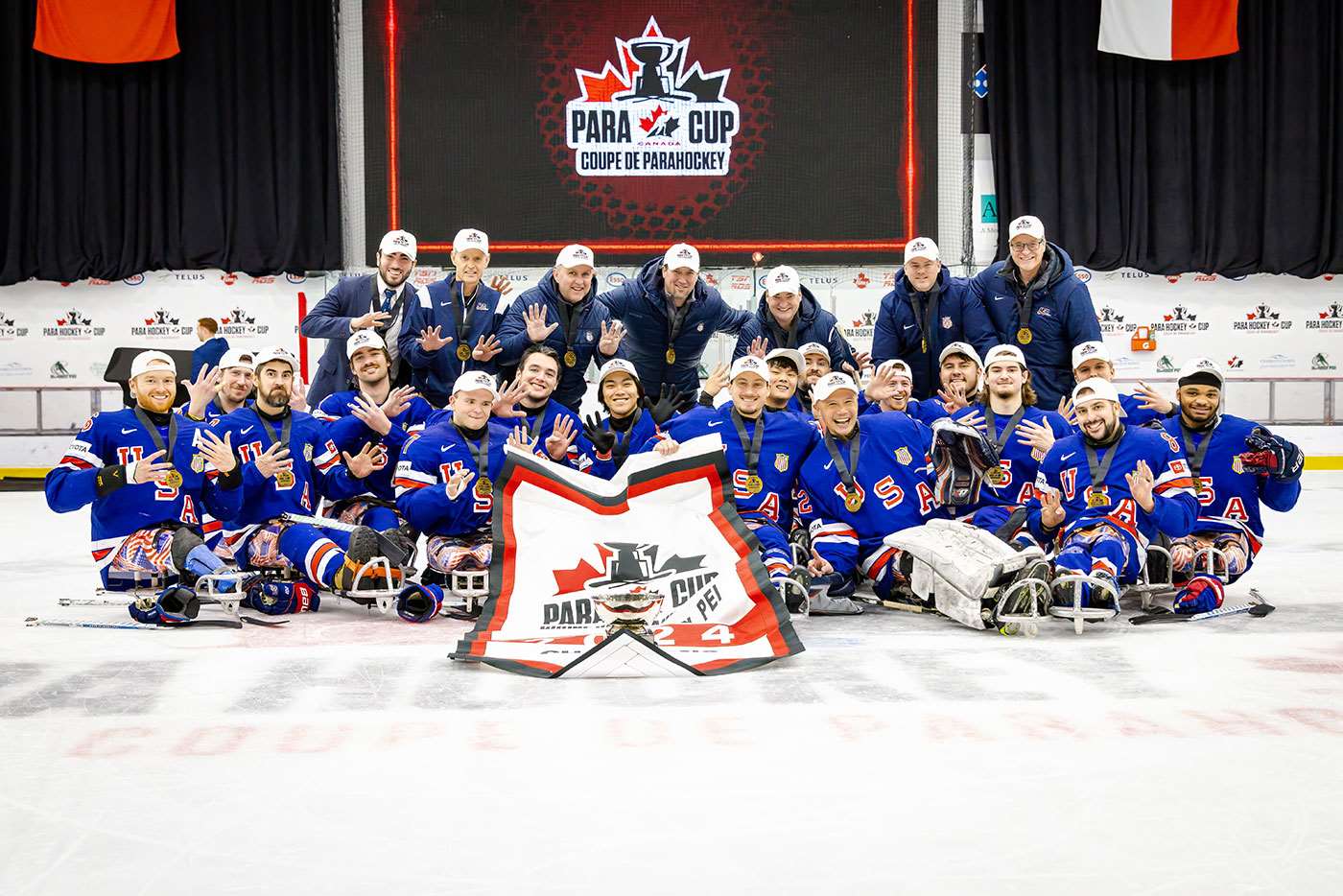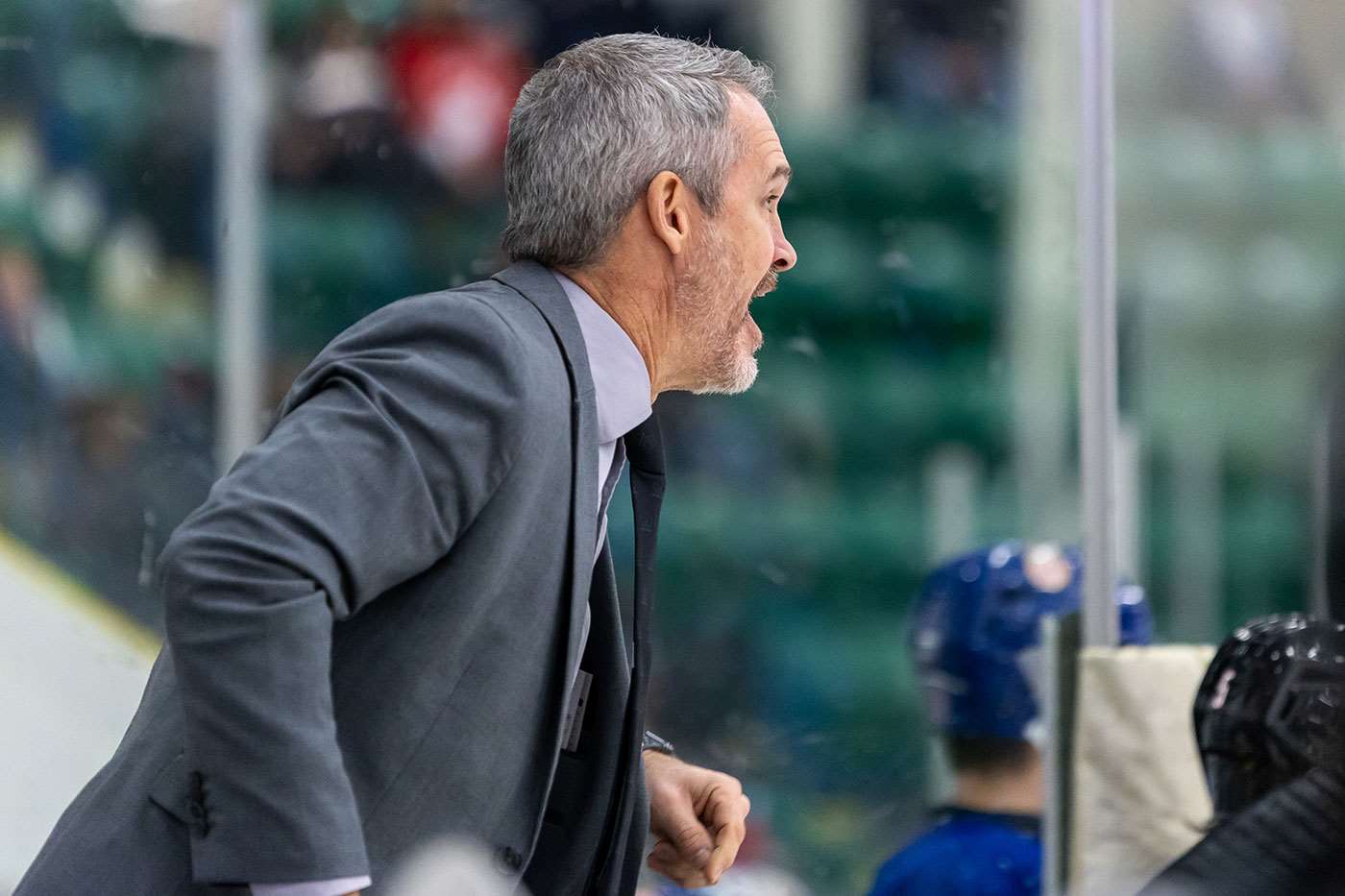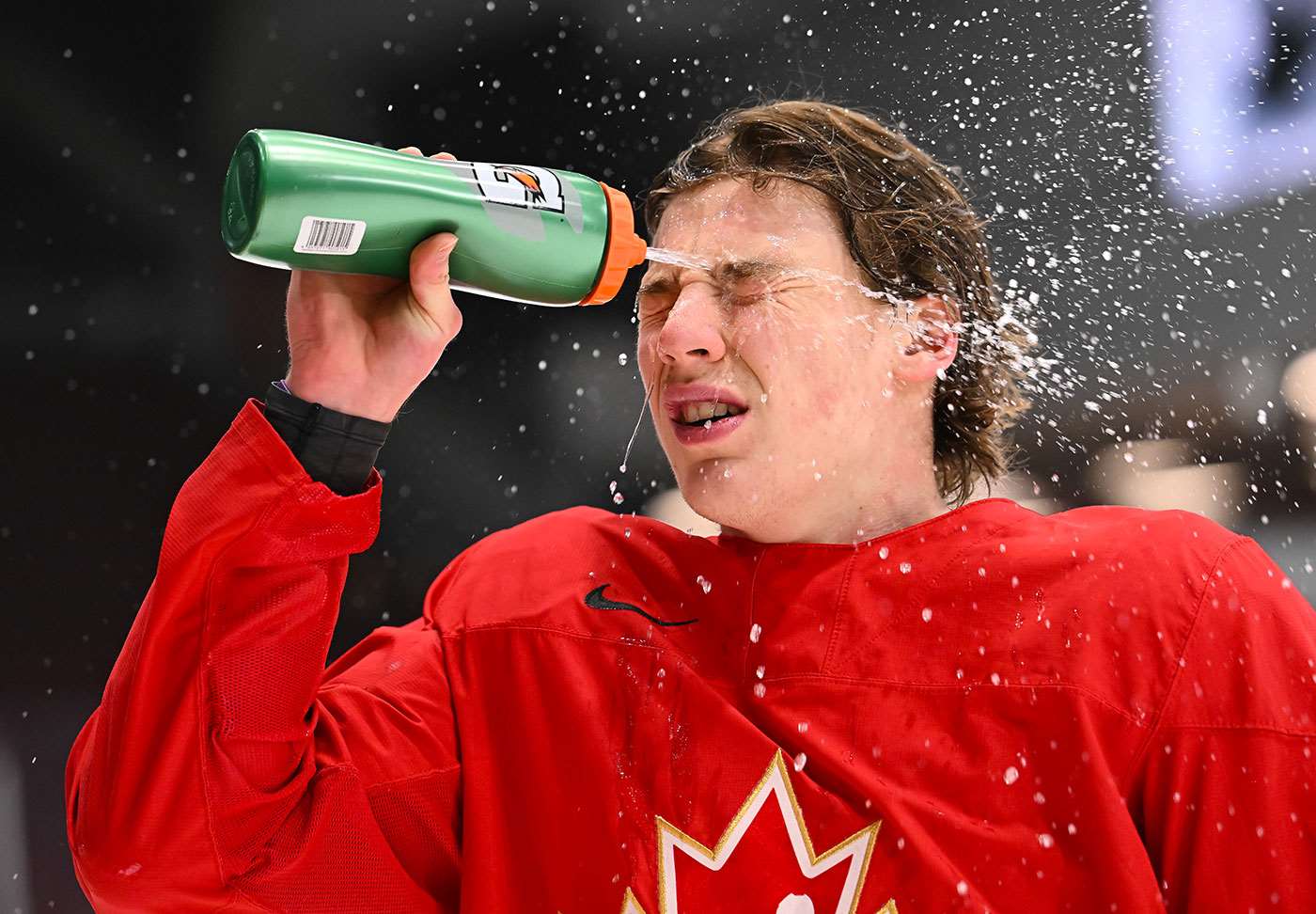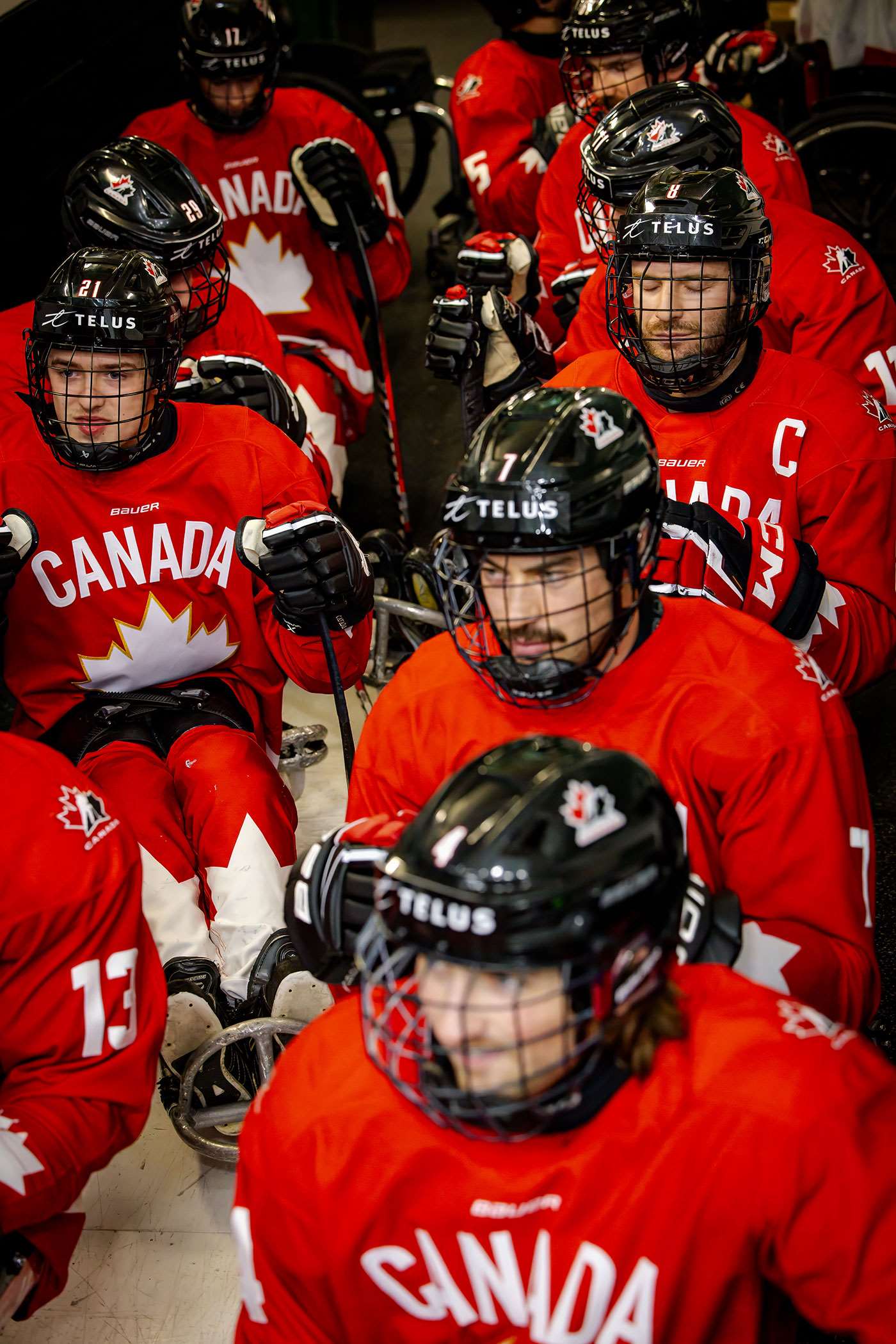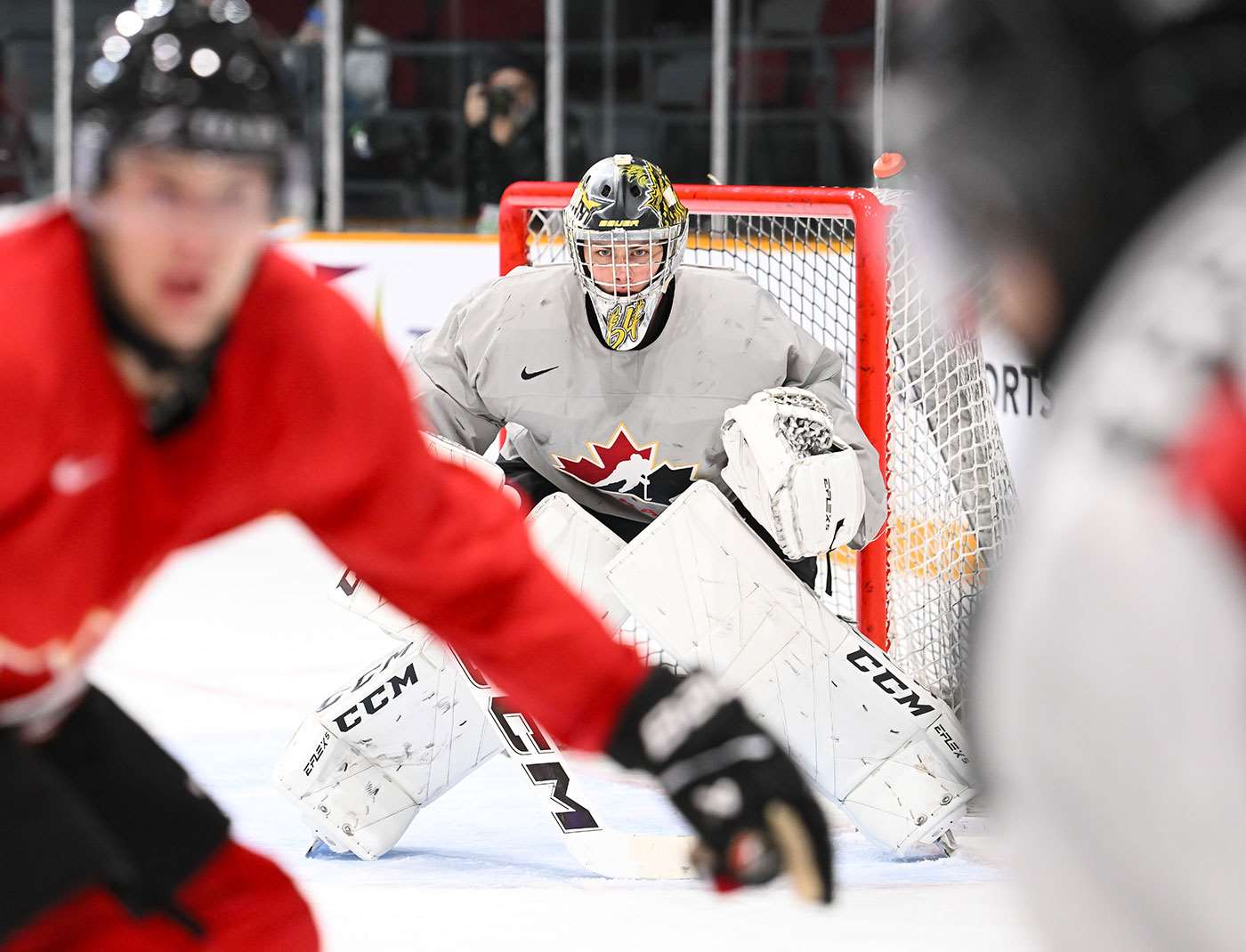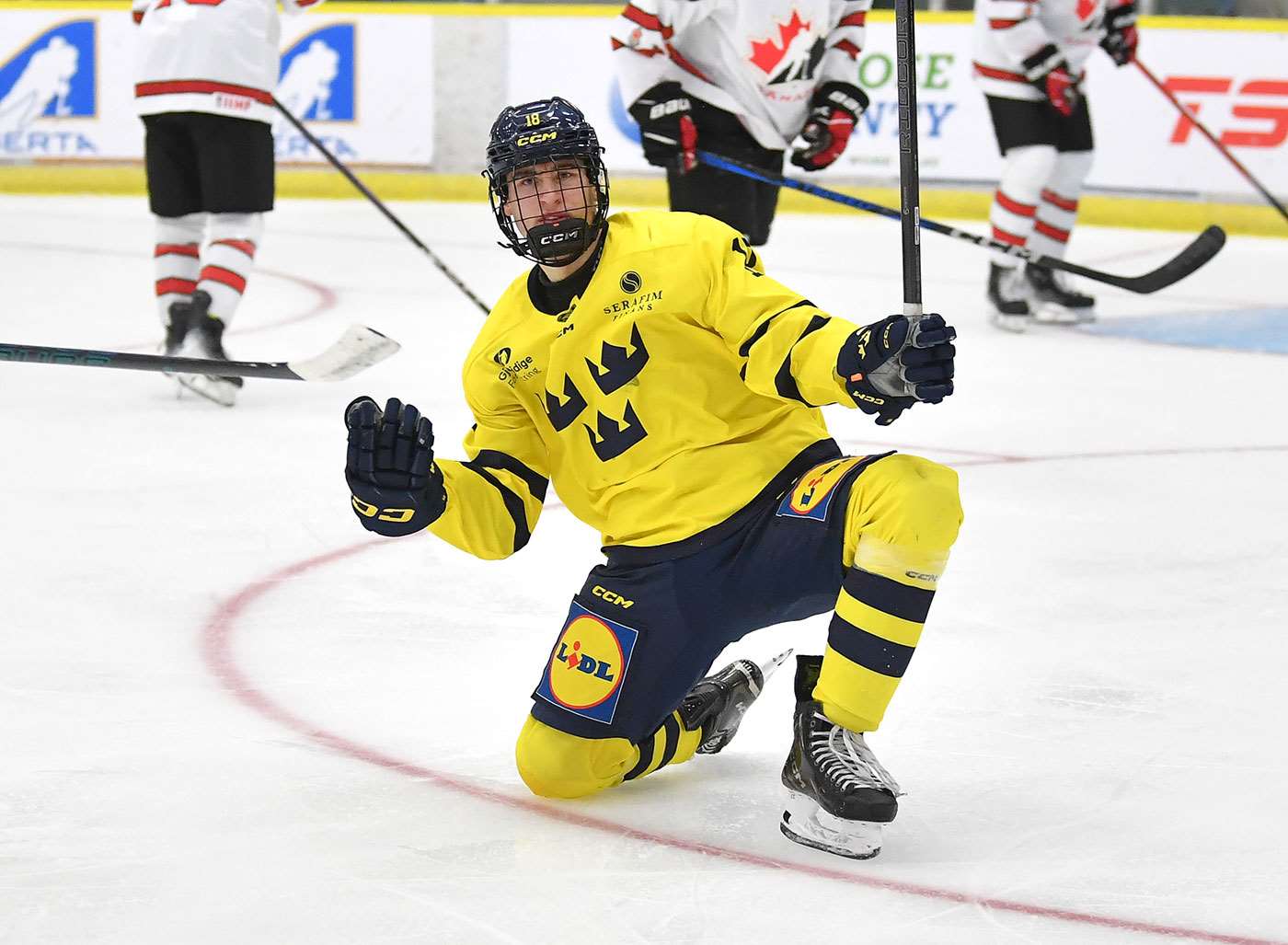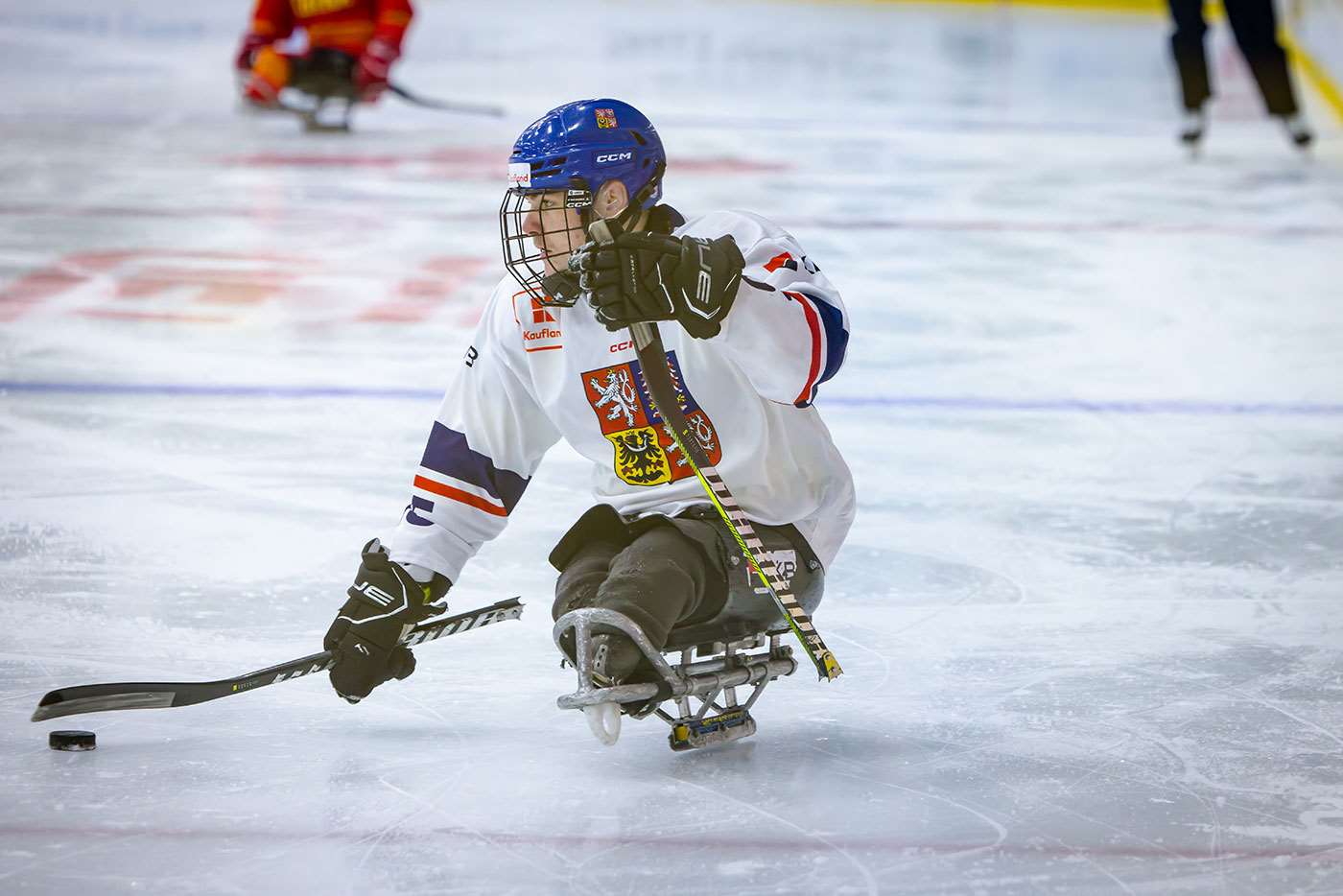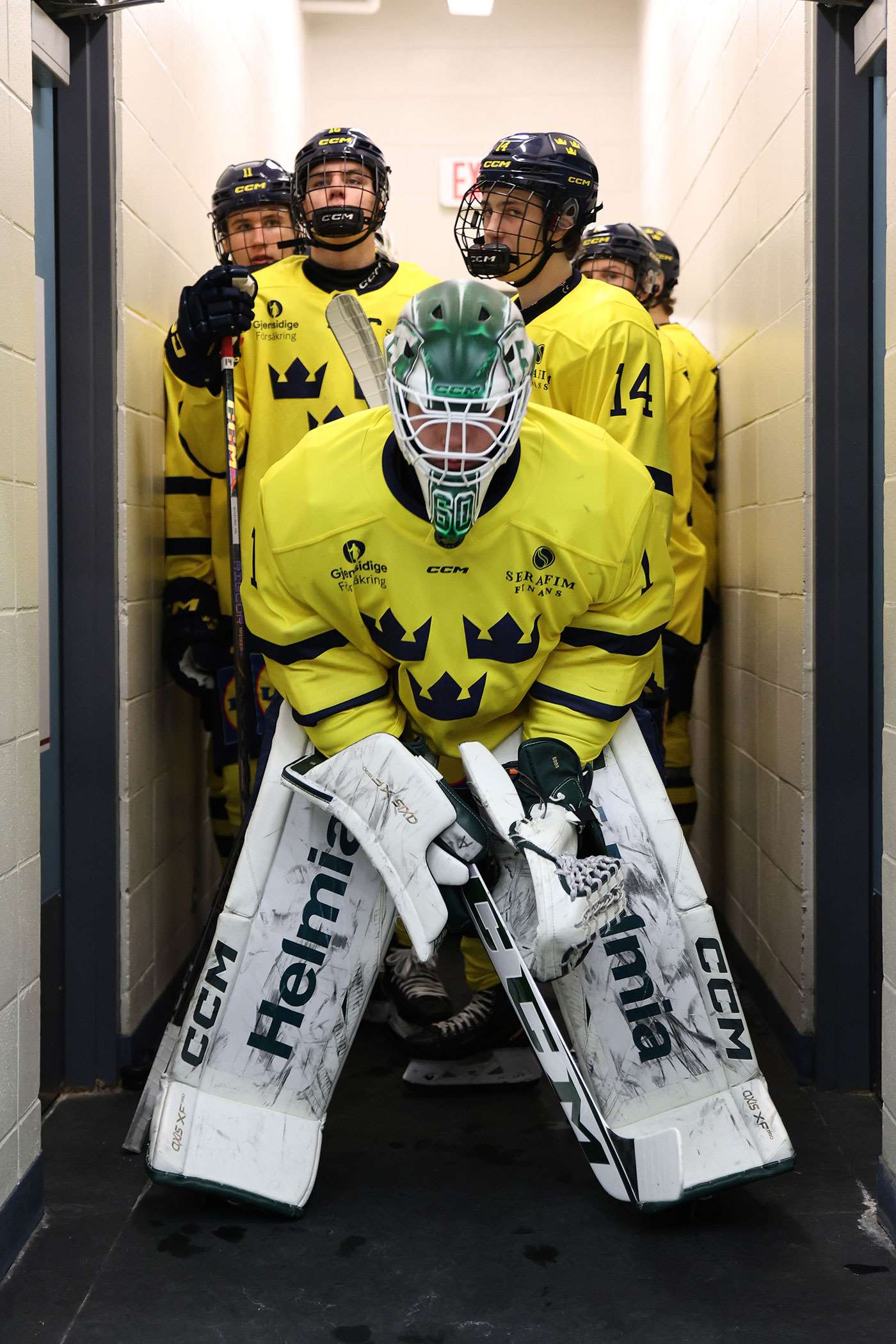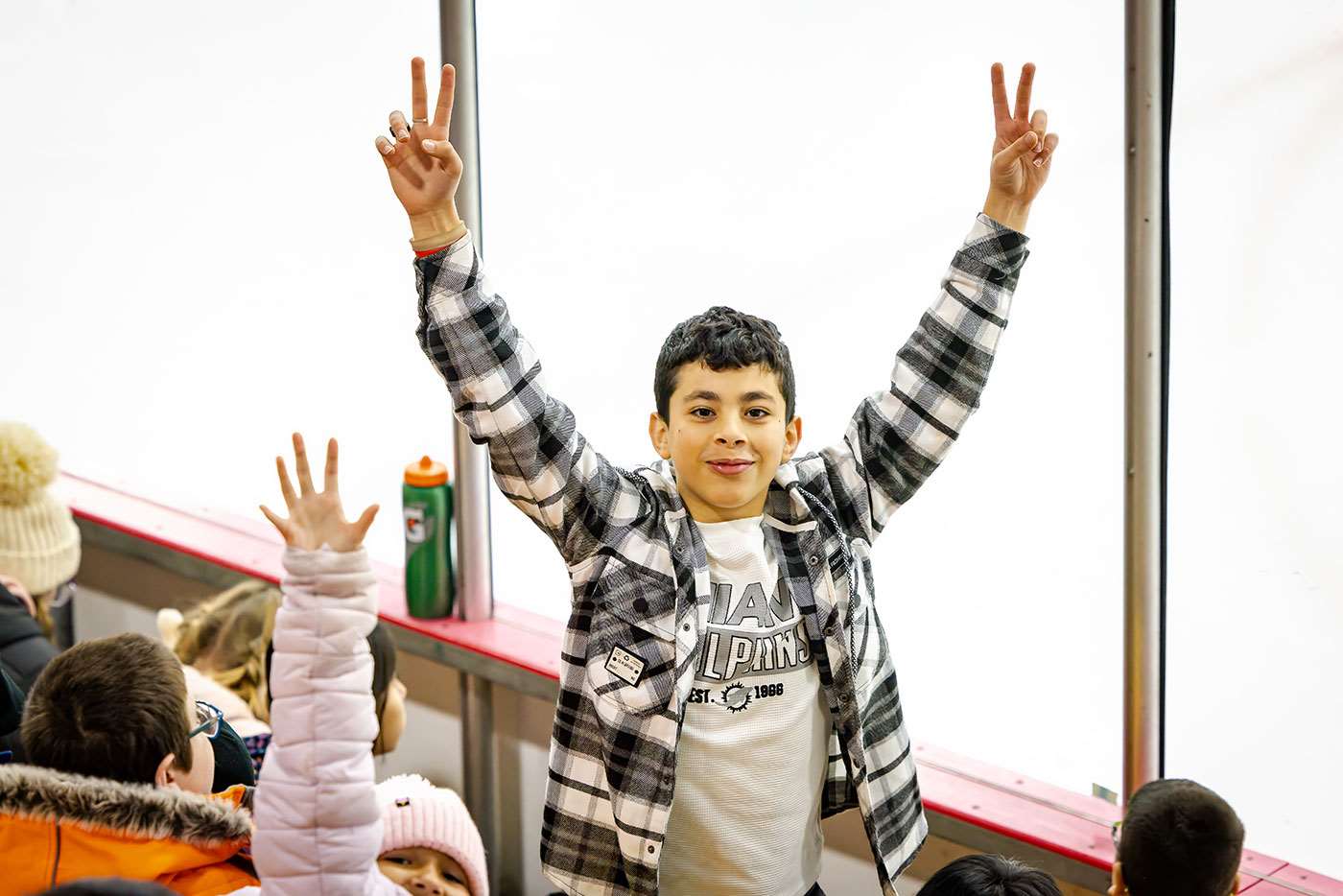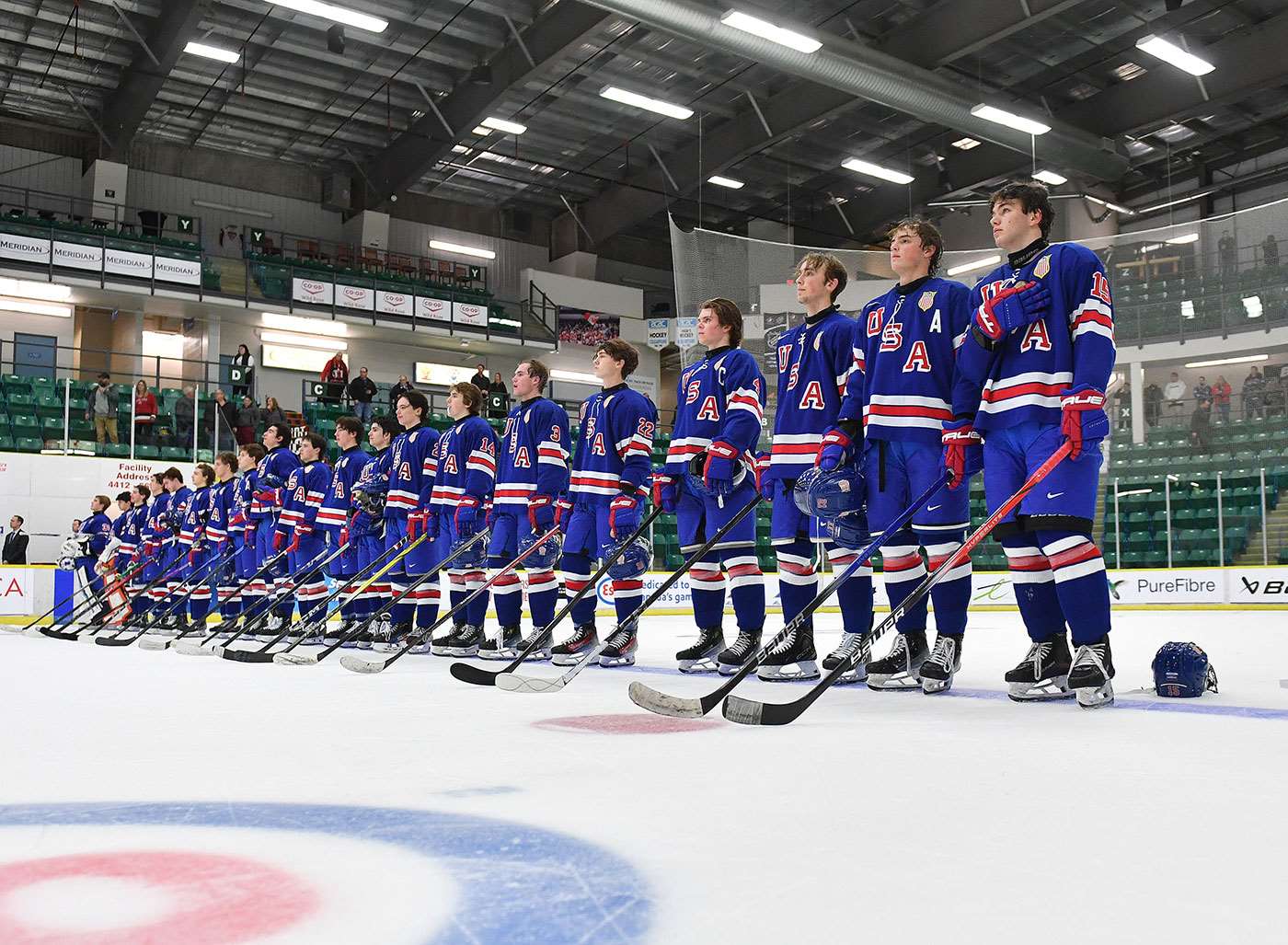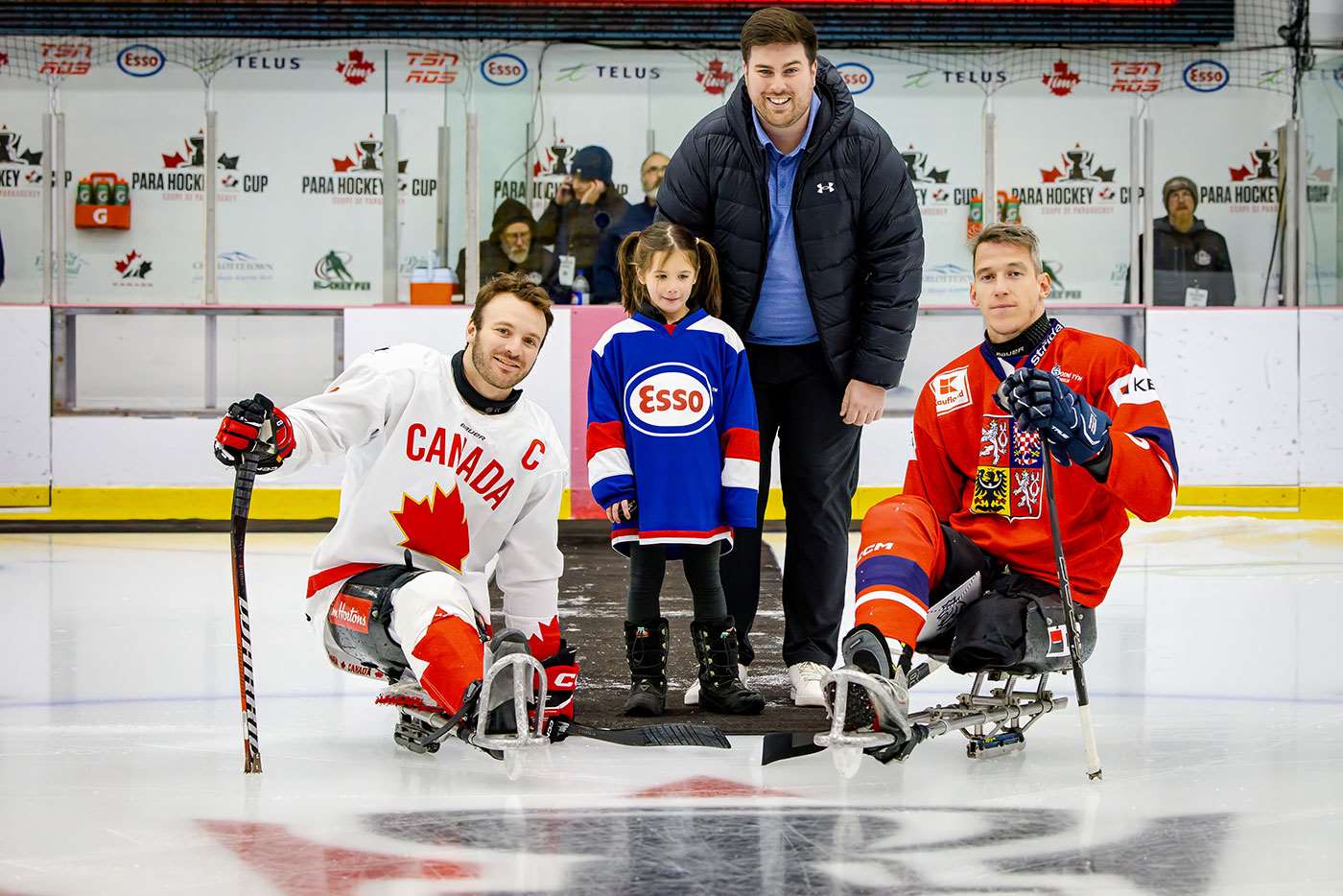
Schedule
Team Canada (Men)
IIHF World Junior Championship | Dec. 26, 2024-Jan. 5, 2025
Spengler Cup | Dec. 26-31, 2024
4 Nations Face-Off | Feb 12-20, 2025
IIHF U18 World Championship | April 23-May 3, 2025
IIHF World Championship | May 9-25, 2025
U17 World Challenge | Nov. 3-9, 2024
Hlinka Gretzky Cup | Aug. 5-10, 2024
Junior A World Challenge | Dec. 9-15, 2024
National Junior Team vs. USPORTS | Dec 12-13, 2024
Search
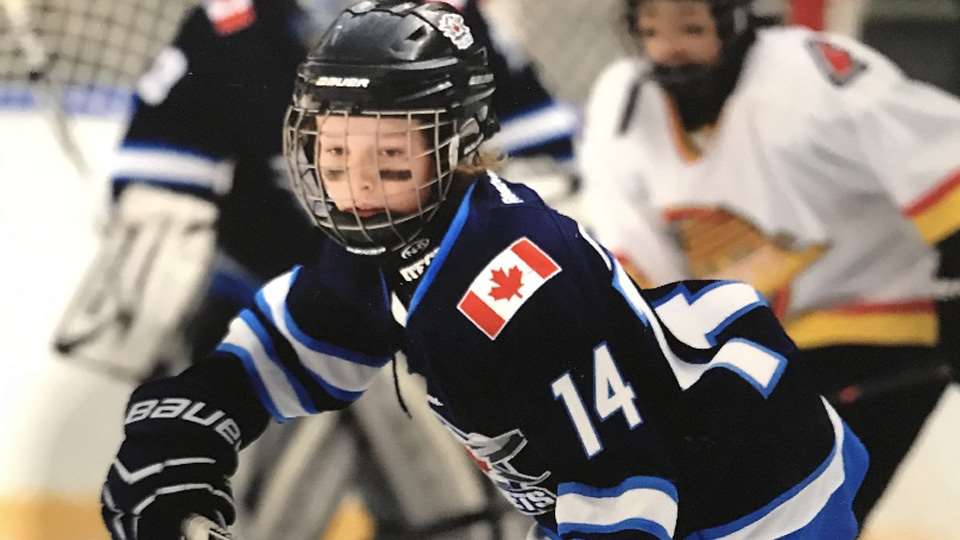
Where I come from
From Dominion City, Strathclair, Clavet or Ardrossan, every small town has a road that leads to Team Canada

“We've got a golf course and a pool. We have a rink, but it's only open in the winter. We've got stop signs and paved roads, but not even close to anything like a traffic light or anything like that.”
The fact Denton Mateychuk feels the need to point out that his hometown actually has paved roads tells you all you need to know about the size of Dominion City, Man.
According to the 2016 Census of Canada, the town – located 90 kilometres south of Winnipeg, just 15 minutes from the Manitoba-Minnesota border – has only 353 residents, the smallest of any of the 113 players who are online this week for Canada’s national under-17 development camp.
Another Manitoban, though, is quick to contest those numbers.
“[It’s a] credit union, grocery store and a gas station. That's really all it is,” Conor Geekie says of Strathclair, an hour northwest of Brandon, which registered a population of 709 in 2016. “[There’s only] 120, 140 people there.”
The numbers aren’t important. Who can lay claim to the smallest hometown isn’t important. What is important is the passion for hockey and the journey it can take players, fans, parents and volunteers on.
The Manitoba duo – along with Kalem Parker (Clavet, Sask. – pop. 410), Jordan Gustafson (Ardrossan, Alta. – pop. 412) and Donovan Arsenault (Richmond, P.E.I. – pop. 755), among others that are part of U17 camp – are proof that small-town products have a path to the Program of Excellence.
Both players came up through their local hockey associations – Mateychuk with the Southern Steelers Minor Hockey Association and Geekie with the Strathclair MHA – both made their way through the Hockey Manitoba high-performance program, both were top picks in the 2019 WHL Bantam Draft – Geekie went second overall to the Winnipeg Ice, nine picks before Mateychuk was selected by the Moose Jaw Warriors – and both earned places on the Canadian roster for the 2020 Winter Youth Olympic Games, although Geekie contracted mononucleosis a few weeks prior to the tournament and didn’t play.
So as for the notion that big-city players get all the attention? They’re not buying that.
“If you're out there, they'll find you,” Mateychuk says. “ Just play and have fun and let [hockey] take you where it takes you.”
Fun has never been a problem when it comes to playing the game, and a lot of that is a product of growing up in a small town. Mateychuk was a goaltender in his younger days – "I think you're a bit better playing out than you are in goal, so let's try it out for a bit," his father told him after more than a few lopsided losses – and Geekie had one season where his team consisted of 10 players – seven girls and three guys.
But that’s what the journey is all about, and Mateychuk and Geekie are quick to give thanks – to their towns for shaping them as young men, and to their local hockey associations for shaping their games.
“I could walk to the rink from my house and skate whenever I want,” Geekie says. “Growing up [in a small LHA], you had kids that maybe it was their first year playing hockey. You still had to get them to touch the puck. You still had to get them a goal. It was a game within a game for me.”
As Geekie mentions, one of the benefits of living in a small town is easy access to the ice. He has a key to the Strathclair Arena, while Mateychuk’s dad, Jason, works at the Dominion City Arena, and was quick to unlock the doors whenever one – or all – of his four boys wanted to skate.
Of course, there are a few nuances on the Prairies that big-city players don’t typically have to work around.
“We have cows in [the arena] in the summer probably until about September,” Geekie says with a smile. “And then you put the ice in over the dirt.”
Mateychuk and Geekie know their journeys can resonate with players in small towns from British Columbia to Newfoundland & Labrador. So presented with an opportunity to provide a few words of wisdom, it’s not surprising there’s no mention of wrist shots or shift lengths.
Instead, they’re right in line with the small-towns values they were raised on.
“Just keep working,” Geekie says. “There's no end to work. Success will come whenever it comes, and if it's meant to be, it'll be. Just play your game. There's no reason to change. And always be a good person. I've always grown up being taught that. You can be really bad at hockey, but if you're a bad person I don't think you're going anywhere.”
For more information: |
- <
- >

















